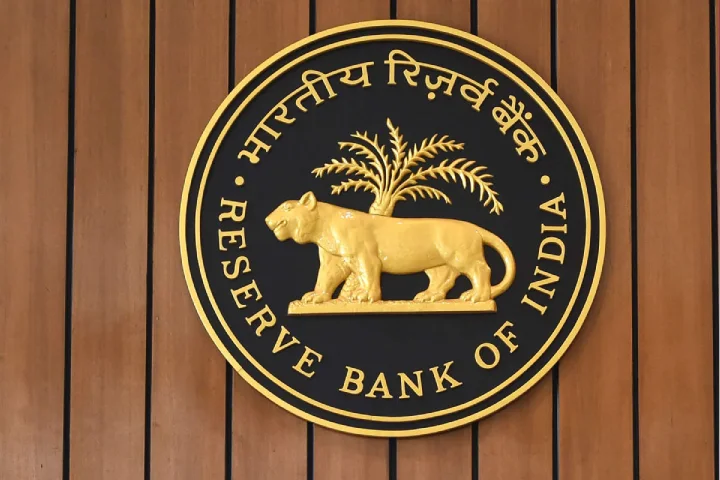The all-time highest dividend of Rs 2.11 lakh crore by the Reserve Bank of India will help the government maintain the fiscal deficit target of 5.1 percent for the year 2024-25. Fitch Ratings says that the higher dividend given by the RBI may also push the FD below the target.
“A higher-than-expected dividend payout by the Reserve Bank of India (RBI) will help the government ensure that its deficit target of 5.1% of GDP for the financial year ending March 2025 (FY25) is met and the deficit is reduced. It could be used beyond the current target,” Fitch Ratings said.
How the government will use the dividend paid by the central bank will be announced in the new government budget in July.
Finance Minister Nirmala Sitharaman has indicated that the government aims to limit FD to 4.5 per cent of GDP by FY26.
Fitch Ratings says, “Sustained deficit reduction, particularly if underpinned by durable revenue-raising reforms, would be positive for India's sovereign rating fundamentals over the medium term.”
The RBI is set to receive a record-high dividend of Rs 2.11 lakh crore from its operations in FY24, equivalent to 0.6 per cent of GDP. This is more than double the 0.3 per cent of GDP expected in the interim budget for FY25. The dividend will help the new government meet its near-term deficit reduction goals.
Fitch says a key reason for RBI's higher profits appears to be higher interest revenue on foreign assets, though the central bank has not yet given details of this.
The new government will have two options in its post-election budget. First, the government can choose to keep the current deficit target at 5.1 per cent for FY20, and use the windfall from the RBI to boost spending on infrastructure, or compensate for unexpected spending or revenues below budget through, for example, disinvestment. Alternatively, all or part of the dividend could be saved and used to bring the deficit below 5.1 per cent of GDP. The July budget will provide more clarity on its medium-term fiscal priorities.
Dividend transfers from the RBI to the government can be important at the margin of fiscal performance, but this depends on a variety of factors, including the size and performance of the assets held on the central bank's balance sheet and India's exchange rate. Transfers can also be affected by the RBI's views on what level of buffers is appropriate to maintain on its balance sheet.
Fitch Ratings believes that the potential volatility of transfers means there is significant uncertainty about their medium-term path, and we do not anticipate that dividends as a share of GDP will be sustained at such high levels.
`; articlesDiv.innerHTML += articleHTML; }); } // Initialize and render feeds fetchAndRenderFeeds();






